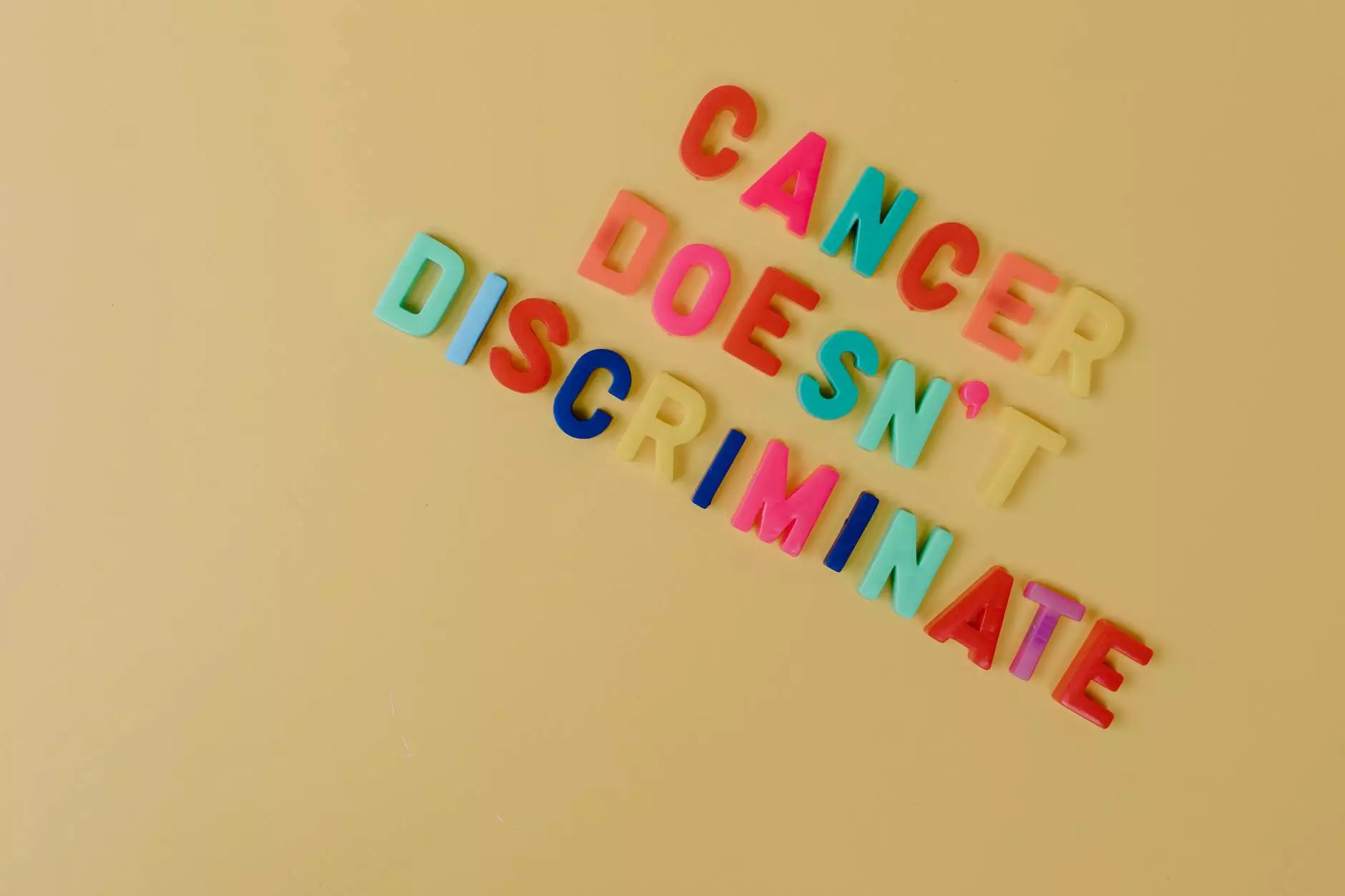Understanding Commercial Eviction in Florida: A Comprehensive Guide

When it comes to operating a business, having the right space is crucial. However, even in a thriving economy, conflicts between landlords and tenants can arise, leading to a complex process known as commercial eviction in Florida. Understanding this process is paramount for both landlords and business owners. This article aims to provide a detailed overview of commercial eviction laws, the eviction process, tenant rights, and the role of legal representation.
What is Commercial Eviction?
Commercial eviction refers to the legal process by which a landlord terminates a lease agreement with a commercial tenant. This process typically arises from a variety of issues, including:
- Failure to pay rent
- Breach of lease terms
- Disruption of other tenants’ activities
- Property damage or neglect
In Florida, the eviction process is primarily governed by state laws, which dictate how landlords must proceed with evictions and the rights of tenants involved.
The Legal Framework of Commercial Eviction in Florida
In Florida, commercial eviction laws are outlined in the Florida Statutes, Chapter 83. This chapter covers various aspects of landlord-tenant relationships, including the rights and responsibilities of both parties. It is essential for landlords and business owners to familiarize themselves with these laws to navigate the eviction process effectively.
Key Legal Provisions
Some critical points within Florida’s commercial eviction laws include:
- Notice Requirements: Before initiating an eviction, landlords must provide tenants with a written notice describing the reason for eviction. Different types of notices apply depending on the reason for eviction.
- Grace Periods: For failure to pay rent, landlords must provide tenants with a three-day notice before proceeding with eviction.
- Court Involvement: If the dispute cannot be resolved amicably, landlords must file an eviction lawsuit, known as an unlawful detainer action, in the appropriate court.
Understanding the Eviction Process in Florida
The commercial eviction process in Florida involves several steps that landlords must follow carefully to ensure compliance with the law. Here’s a breakdown of the typical steps involved:
1. Determine Grounds for Eviction
Before commencing the eviction process, landlords must establish clear grounds for eviction. Common reasons include:
- Non-payment of rent
- Breach of lease terms
- Unlawful activities on the premises
2. Serve Notice to Tenant
Once grounds are established, landlords must serve the tenant with a written notice. The type of notice will depend on the reason for eviction:
- 3-Day Notice for Non-Payment of Rent: Informs the tenant of their failure to pay rent and gives them three days to pay or vacate.
- 7-Day Notice for Lease Violations: Covers breaches of lease agreements, allowing tenants seven days to remedy the violation.
- 14-Day Notice for Other Violations: Used for non-monetary lease violations, giving tenants two weeks to correct the issue.
3. File an Eviction Lawsuit
If the tenant does not comply with the notice, landlords can file an eviction lawsuit in the county court. This involves completing necessary legal documents and paying filing fees.
4. Court Hearing
After filing, a court date is scheduled, where both the landlord and tenant can present their cases. It’s crucial for landlords to have all relevant documentation, including the lease agreement and proof of notices served.
5. Judgment and Possession
If the court rules in favor of the landlord, a judgment will be issued, allowing the landlord to regain possession of the property. The tenant may be granted a brief period to vacate.
6. Enforcement of Eviction
If the tenant refuses to leave, the landlord can request a Writ of Possession from the court, enabling law enforcement to physically remove the tenant if necessary.
Tenant Rights During Commercial Eviction
Tenants also have rights throughout the eviction process. Understanding these rights can help business owners protect their interests. Some important tenant rights include:
1. Right to Receive Proper Notice
Tenants have the right to receive the appropriate written notice prior to eviction. This notice must be clear, detailing the reasons for eviction and providing the specified time to remedy the situation.
2. Right to a Legal Hearing
Tenants can dispute the eviction in court. They have the right to present evidence, argue their case, and have legal representation during the hearing.
3. Right to Remain on the Premises Until Court Ruling
Until a court issues a ruling, tenants cannot be forcibly removed from the property. Self-help evictions, where landlords attempt to evict tenants without court approval, are illegal in Florida.
The Importance of Legal Representation
Navigating the intricacies of commercial eviction in Florida can be overwhelming, which is why having legal representation is essential for both landlords and tenants. Here’s how a lawyer can assist:
For Landlords:
- Ensuring compliance with all legal requirements and procedures
- Preparing and filing necessary documents in court
- Representing the landlord’s interests during hearings
For Tenants:
- Advising on tenant rights and options
- Assisting in preparing a defense against eviction
- Negotiating a settlement or alternative to eviction when possible
Conclusion
Understanding commercial eviction in Florida is crucial for landlords and tenants alike. The eviction process is a significant aspect of commercial real estate law that requires careful navigation to ensure compliance and protect one’s interests. By being informed of the laws and seeking qualified legal assistance from professionals, stakeholders can minimize disputes and maintain a healthy business environment.
If you're a landlord facing the need for eviction or a tenant concerned about your rights, don’t hesitate to reach out to experienced professionals at Eviction Law Firm. They are equipped to guide you through the legal labyrinth of commercial eviction and ensure you understand every step of the process.
commercial eviction florida








